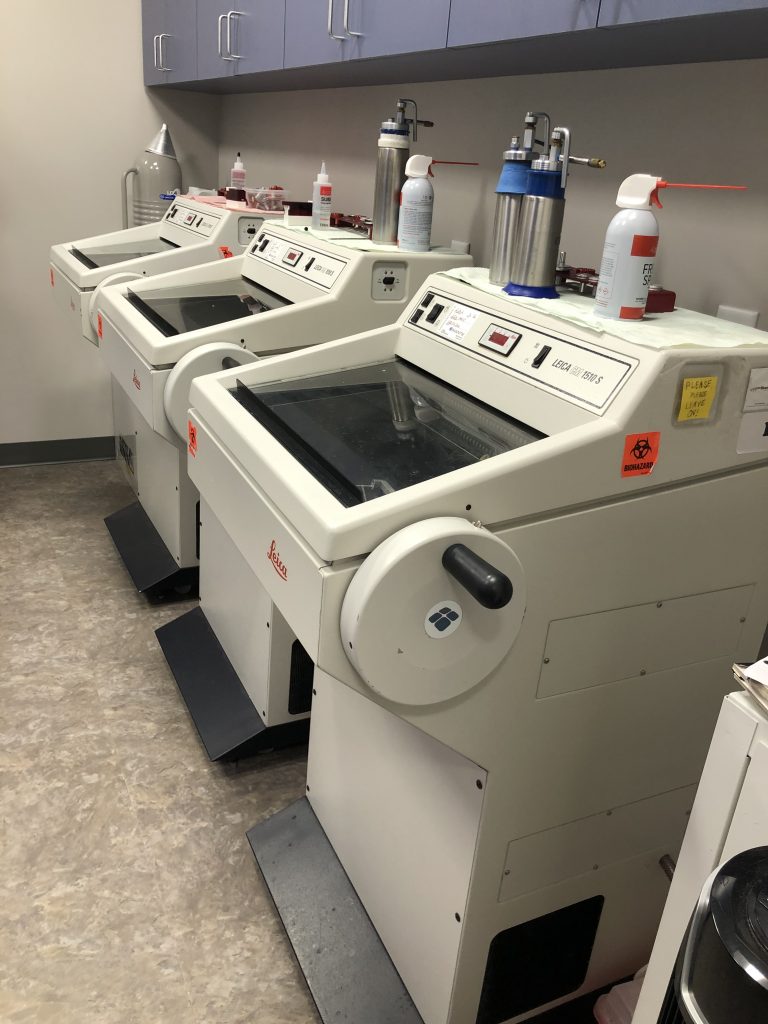How large of a scar will I have from my surgery?
The size of the scar depends on the size of the tumor. It is often difficult to predict the size of the tumor prior to surgery.
Will I have stitches following the surgery?
There are four ways your surgical wound may be handled:
Direct closure of the wound: In most instances, surgical wounds are sutured (sewn) closed.
Skin Flap: Although this is a sutured closure of the wound, adjacent tissue may be mobilized and brought in to help close the wound.
Skin graft: In some instances, it is necessary to remove skin from in front of the ear or some other site and graft it over wound.
Second intention healing: The body has an excellent capacity to heal pen wounds. This healing period is approximately three to six weeks depending on the size of the wound. It requires regular wound care.
In addition to the wound size and location, the surgeon considers other factors to determine how your wound will handled. This will be fully discussed with you on the day of surgery.
Will I be put to sleep for the surgery?
No. The surgery is well tolerated with local anesthesia. Because the surgery may be time-consuming, the risk of prolonged general anesthesia is thus avoided.
How long will the surgery last?
The length of surgery depends on the exent of the tumor. Often surgery lasts half a day or longer. Much of the time is spent waiting for tissue to be processed. Bring reading materials, needlework etc., with you to help pass the time. Also, bring a snack or lunch with you on the day of surgery. A refrigerator and microwave oven are available for your convenience.
Should I bring someone with me?
Yes. It is highly recommended that you bring someone along as you may not feel up to driving after surgery. Someone other than the patient must preform postoperative wound care in many instances. The nurse can give this person direct instructions, demonstrate wound care, and answer any questions after surgery.
What should I wear?
Men should wear a shirt, which buttons down the front. Women should wear a blouse, which buttons down the front and a skirt or slacks. Please dress comfortably.
Should I eat breakfast before my surgery?
Yes. Breakfast is recommended.
Should I take my regular medications on the morning of the surgery?
Yes. Take your regular medications as they have been prescribed. If you take a diutetic or “water pill” you may wish to refrain from taking i the morning of the surgery to avoid multiple trips to the bathroom.
Will my activity be limited after the surgery?
Possibly. your physician will assist you in planning necessary time away from work, and any work restrictions. An excuse for your absence will be provided, if necessary. Avoid any long trips within the first ten days following surgery in care you develop any complications.
What are the potential complications of surgery?
Bleeding and infection are two primary complications. Both of these are uncommon. We will discuss how to recognize and deal with these problems when you come for you surgery.

 About your Surgery?
About your Surgery?